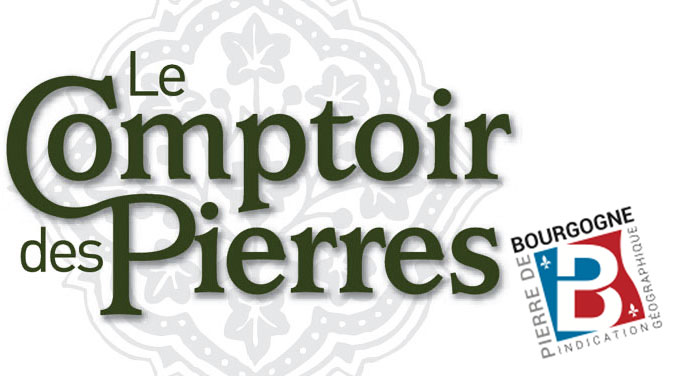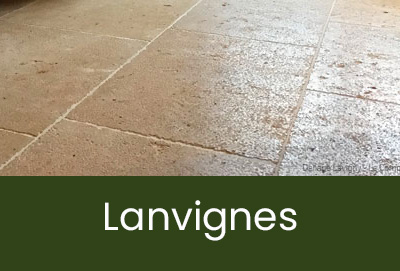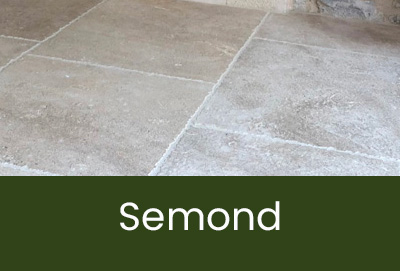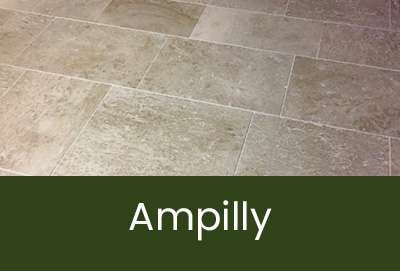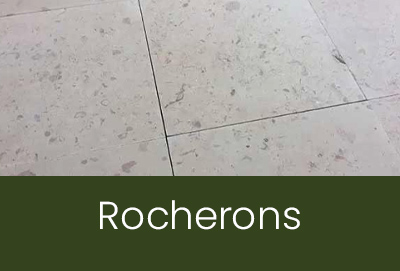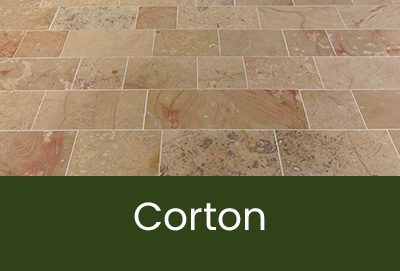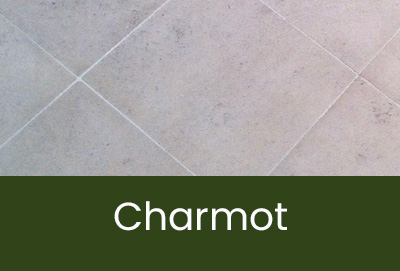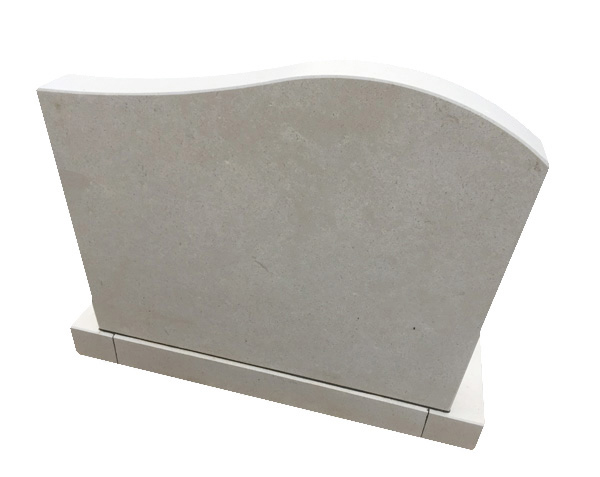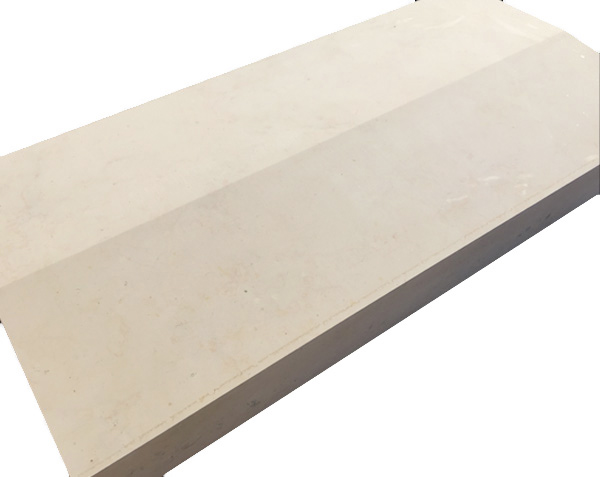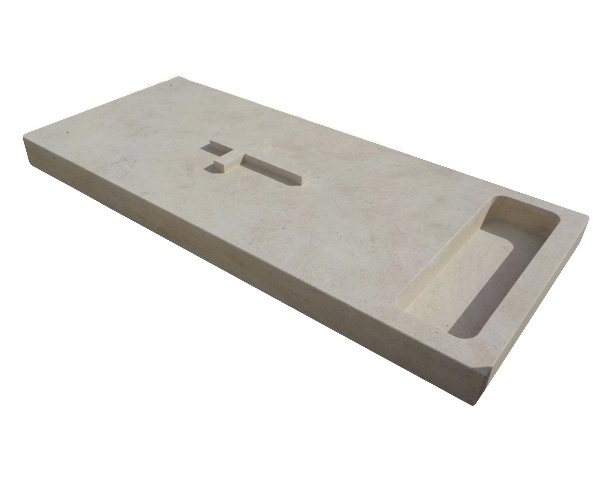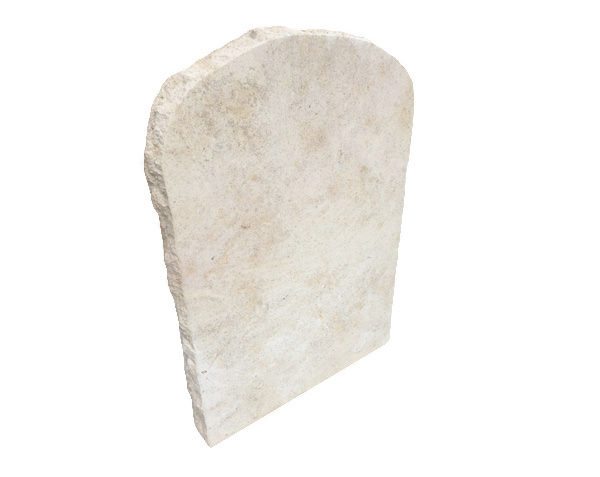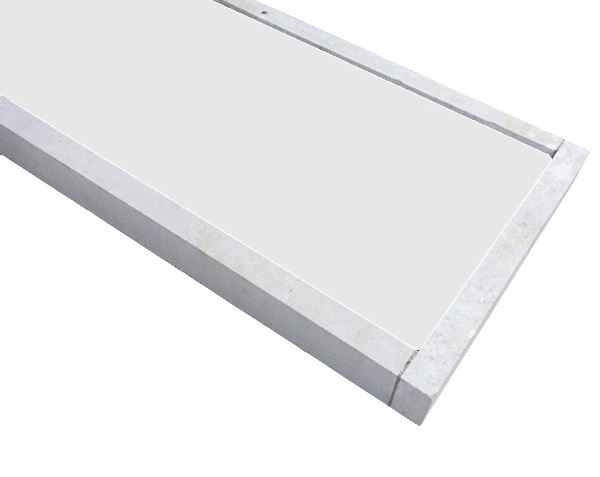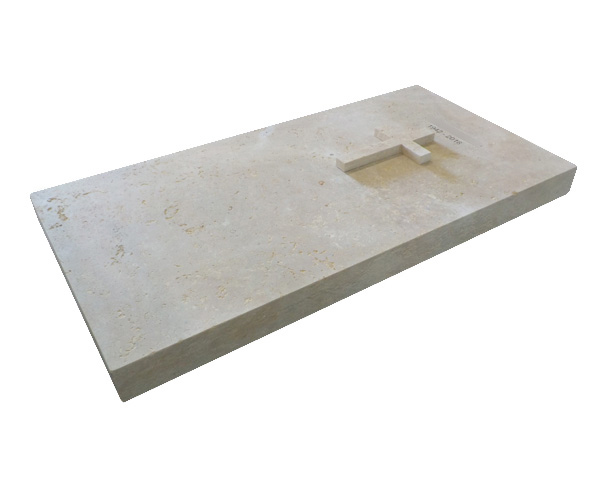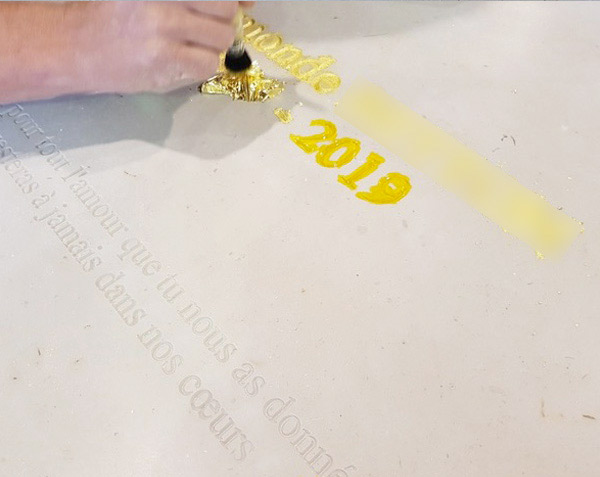Funeral stonemason : what is their role?
At Le Comptoir des Pierres, we specialize in natural limestone from Burgundy and, more specifically, a portion of our activity involves funeral marble work. Often, the terms and differences between a stonemason, marble work, funeral stonemason, and funeral service companies are not very clear to our clients.
The objective of this page is to provide a better understanding of the roles within the funeral industry and to clarify our scope of work at Comptoir des Pierres.
Funeral stonemason : definition
In general, a marble company or a marble worker is engaged in stone cutting and the transformation of blocks or slabs into finished products. The term "marble" has given its name to the marble trade, but a marble worker also works with natural stone or granite. A marble worker transforms blocks or slabs using power tools or manual tools (bush hammer, chisel, gouge, mallet...). As companies become more modernized, a reasonably sized marble company now has digital tools such as saws (for cutting stone) or CNC machines (for molding or carving).
Therefore, a marble company manufactures elements in stone, marble, granite, etc. These elements are not only confined to the funeral industry but can also include sinks, pool coping, washbasins, shower trays, pillars, etc. Some marble companies specialize in a particular type of production, especially in the funeral or kitchen industry (kitchen countertops, sinks, jambs). These are referred to as funeral marble workers, decorative marble workers, or general marble companies.
A funeral marble worker or a funeral marble company encompasses the production of headstones, steles, bases, tombs, double funeral monuments, cinerary slabs, etc. This marble worker may also handle the installation or work with installers (masons, funeral specialists...) who do not have workshops to design monuments.
At Comptoir des Pierres, we design and create funeral monuments in natural stones from Burgundy (Comblanchien, Lanvignes, Semond...). Engravings are shaped and colored at our workshop. However, we do not handle the installation - we work with partners who take care of placing the monument on the grave. We collaborate with them to ensure that the monument fits perfectly with the specifics of the grave.
The cost of a funeral marble worker (monument and installation) depends on several factors: the size and complexity of the monument, the material, the difficulty of installation (accessibility, specific requirements of the grave and cemetery...). The installer may also take care of excavation or building of vaults (regulated activities).
A funeral marble worker may also be responsible for the maintenance and restoration of headstones, steles, etc. on-site. And for some, even floral arrangements.
Funeral homes and limestone cutters : what are the differences ?
A funeral home is responsible for organizing the funeral services of a deceased individual. This includes transporting the body to the funeral home, preparing it, assisting the family in choosing the casket and other funeral accessories, scheduling the funeral service, and potentially arranging the location for the service.
The term "pompes funèbres" has its origins in ancient Rome. The term "pompa" referred to grand public processions, such as circus games and various celebrations, as well as the "pompa funebris," which were public ceremonies held upon the departure of notable figures, such as emperors. The term has persisted and now refers to companies that handle all aspects of funerals, not just the procession.
Some well-known funeral service companies include OGF (PFG, Dignité Funéraire), Roc Eclerc, among others. Since the January 1993 law, there has been an increase in the number of players in the industry, as the monopoly previously held by certain funeral service companies in certain cities has been broken. Many independent operators have emerged, some of whom are part of franchises (such as Philae).
Not all funeral service companies have marble working activities, which is becoming increasingly rare. They often subcontract this work (designing monuments, manufacturing, engraving, etc.) when they offer it. This is also because the time of the funeral is not the time to choose a memorial, which typically occurs afterward. The required skills are also different.
Feel free to contact us for your funeral monument projects throughout France.
